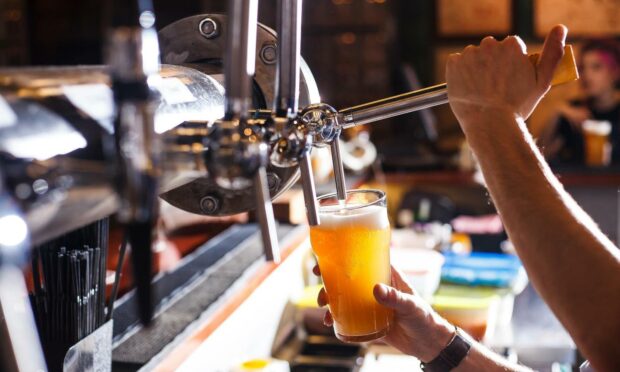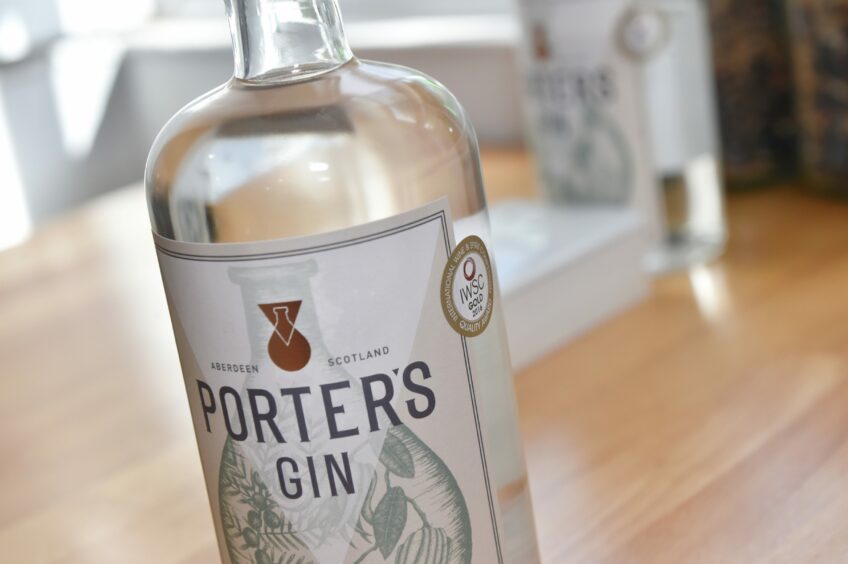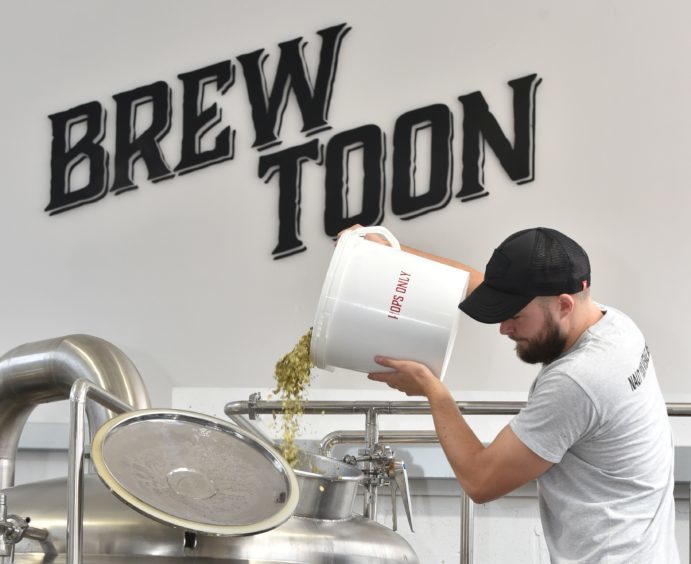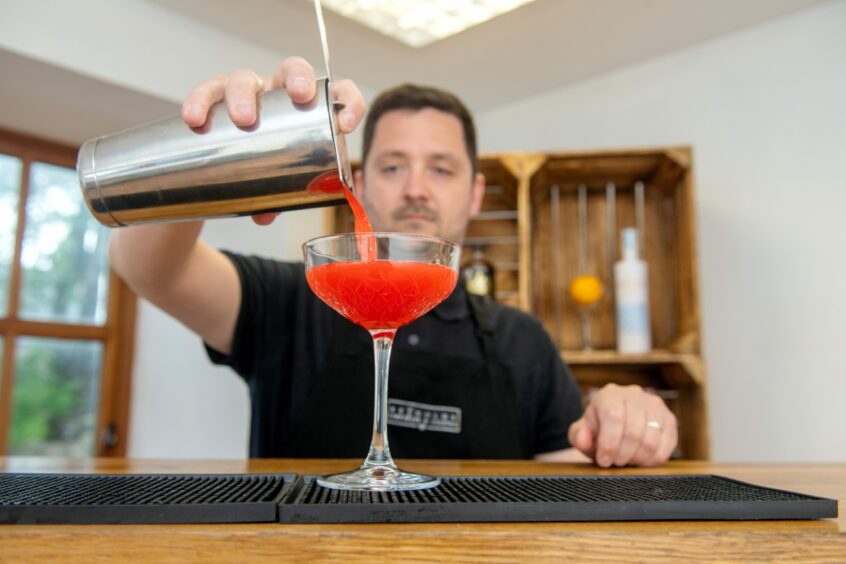The north-east is well-known for its titans of whisky-making but the region is also home to a growing number of small brewers and distillers, as well as soft drink producers.
The changing drink landscape is partly due to a boom in demand for craft beers over the past decade or so.
Their peak may have passed but growth in other drink categories such as gin and rum, as well as a consumer pivot to healthy drinks are trends that show no sign of abating.
“Those gin producers are all now broadening out,” said Peter Cook, director of food, drink and agriculture at economic development partnership Opportunity North East (One).
He added: “There is a wee trend into rum, and much more interest in health and sustainable drinks.
“We have had these waves and we are now in an interesting one of new alcohol alternatives and soft drinks, with some existing brewers going into alcohol-free.
“Burnside Brewery (Laurencekirk) has just launched an alcohol-free beer – these are the sort of trends in a diversifying market.
“Having come through Covid, businesses have learned to trade in a lot of different ways.”
Companies having to diversify
The One director conceded the on-trade is under pressure as pubs, bars and restaurants face potentially astronomical energy bills increases, while consumers will find themselves with less disposable income as rampant inflation eats away at earnings.
Businesses embracing diversification include Peterhead brewer Brew Toon, which has substantially grown an online business it did not even have before the Covid pandemic.
Keeping up with market trends
Other north-east businesses tapping into new trends or using pandemic learnings to grow include Aberdeen-based Raw Culture, which makes kombucha – a fermented, lightly effervescent, sweetened black tea drink, Burnside Brewery and Reynolds Corporate & Cocktail, of Clinterty, near Aberdeen.
Reynolds responded to demand for home deliveries during Covid lockdowns and supplies bespoke cocktails in a pouch.
Consumers are increasingly demanding sustainable drink production, manufactured with due consideration to the environmental impact.
Mr Cook cited Burn o’ Bennie, an independent whisky-maker on Deeside which has its distillery on a farm, with everything recycled on site and waste used to fertilise the land.
As well as being “the right thing for the planet”, such initiatives can be powerful marketing tools for a public eager to see companies making a commitment to the environment, Mr Cook said.
This is echoed by trends such as the move to use cans rather than bottles as the former have a much lower carbon footprint, while the latter take a lot more energy to recycle.
People look at price but also at that sustainability message. It is really important businesses grasp that.”
Mr Cook added: “We see more being packaged in a way that is more sustainable.
“The number of people who are influenced in their purchases by sustainable messages increases by 3% a year.
“People look at price but also at that sustainability message. It is really important businesses grasp that.
“Our sustainability advisor helps people to really look at carbon footprint and their sustainability messages to make sure they’re correct.
“Key for us is how a true sustainability improvement can be turned into a marketing message.”
One has a suite of growth programmes to help existing and start-up drink producers in the the north-east.
And its new product development programme helps businesses evaluate who their customers are and what their products should be.
Overseas market potential to counter domestic storms
The privately-funded organisation is there to support businesses and entrepreneurs, with its market development expertise helping firms put themselves in front of buyers.
It works closely with the Scotland Food & Drink export partnership and in-market specialists in overseas locations including France, Spain and North America.
Drink export success stories in the north-east include Summerhouse Drinks in Fraserburgh shipping to Australia, while Raven Spirits, whose gins are produced and bottled at Deeside Distillery, Banchory, has high value retail sales to Canada and Hong Kong.
Quick drink facts:
- More than half (54%) of 18-34 year-olds in the UK are likely to choose a premium alcoholic drink and sales of premium spirits are forecast to grow by 10.4% in 2023 (Source: CGA powered by Nielsen IQ)
- Around 14% of households purchased no and low-alcohol drinks during the year to May 15 2022 (Source: Kantar FMCG Panel)
- Sales of sparkling soft drinks grew 9.1% year-on-year during the year to February 26 2022, driven by rising prices and smaller on-the-go formats (Source: Nielsen IQ)





Conversation